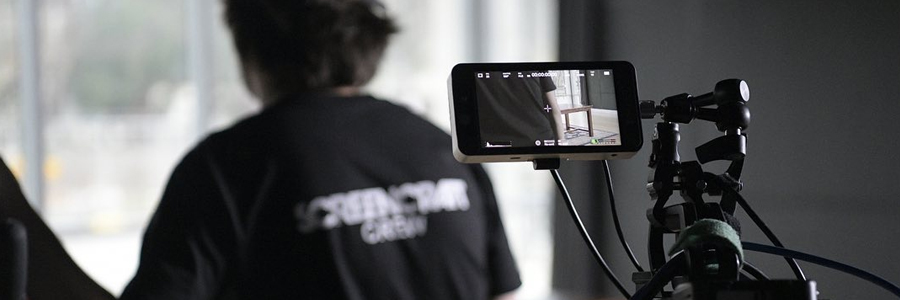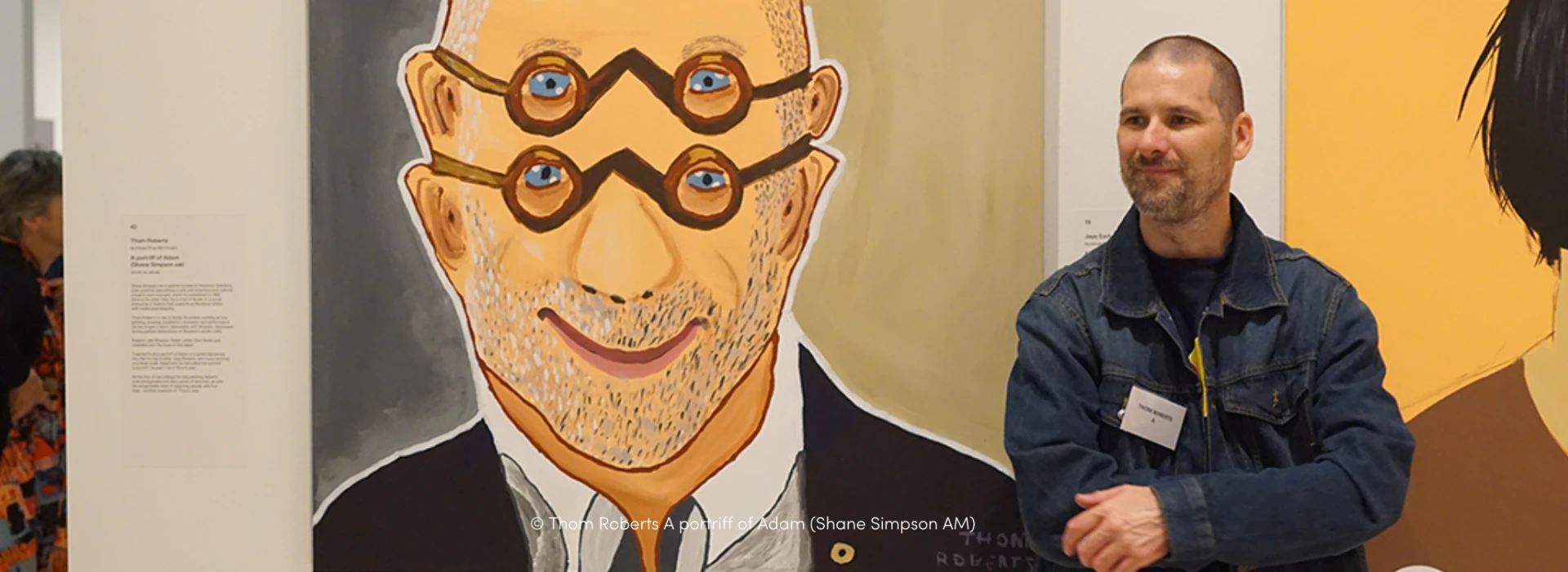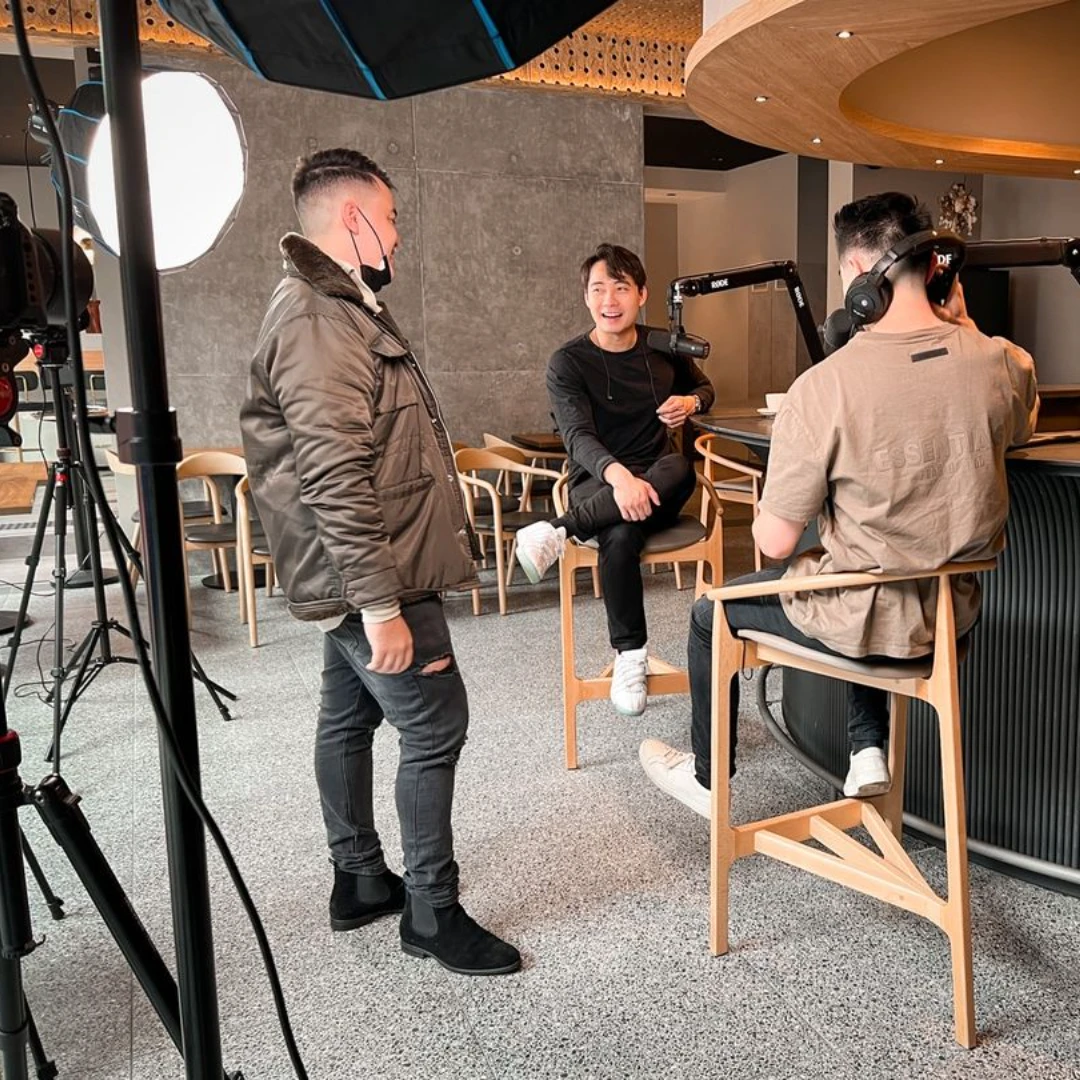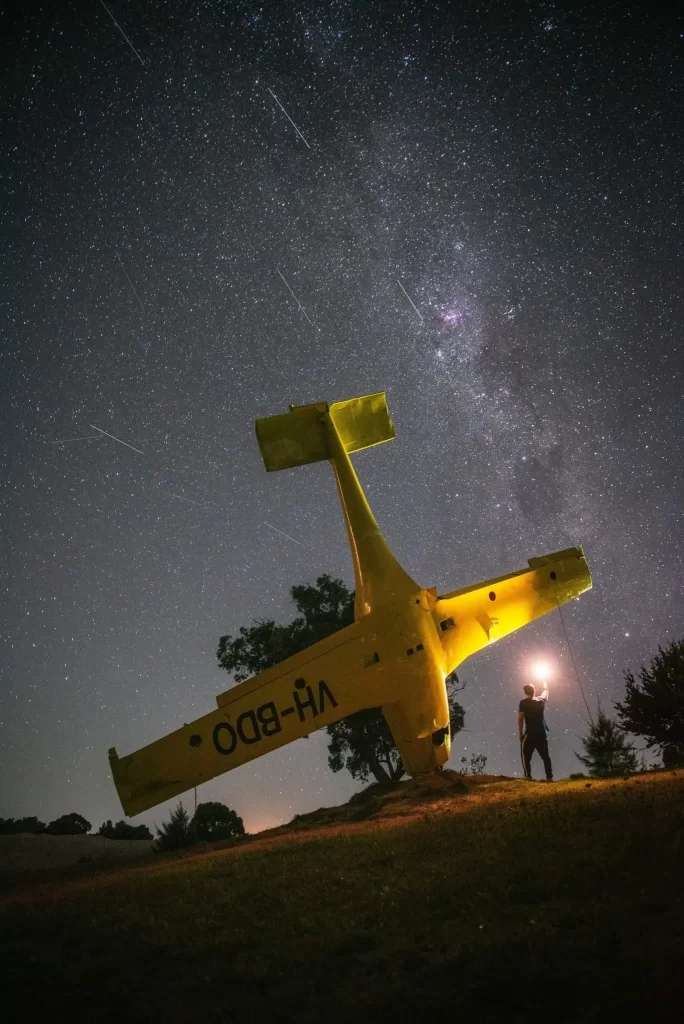Anyone who works in film knows running a successful production company is not easy. SanDisk Professional Mentor Jay Hall sits down with Screencraft Founder Michael Fardell, to find out the key to his business success, from passion and drive to consistent learning and adaptation.

Having recently celebrated their 14th anniversary in November, Screencraft has a lot to show for their time in the film industry.
From an idea that started out from his kitchen table, founder Michael Fardell now employs 15 people at his Canberra based film production company.
“Since I was a kid I’ve loved cinematography, editing and business, so it was the perfect marriage for me,” says Michael.
“There’s a photo of me at around 8 years old, shooting a wedding. The viewfinder didn’t work so I just taught myself how to aim and shoot. I really do think it’s what I was built for.”
It was this passion that had Michael building his own business, with the goal of growing something bigger than himself. A business that had sustainable growth to take on those big projects that you can only dream of at the start of your career.
Michael tells us his top tips after 20 years in the film industry, which he believes contributed to Screencraft’s success.
PASSION FOR THE CRAFT
Film can influence society for the better or worse, bring about change and personally impact people through the emotion it evokes.
Creating films of this calibre requires lots of elements to be pulled together, and Michael says the best people for the job have a strong passion for the craft they create.
Screencraft’s mantra to “create moving image that moves people” encapsulates how they as a company like to approach every job they do.
“We always try to find the emotional pull in the piece, whether it’s an advert or corporate job,” says Michael.
“There has to be an emotional aspect to engage people, whether that’s through scripting, music or how we shoot it, there always has to be heart and soul.”
Michael says the best way to have this shine through their work, is to employ people who mirror that same passion for film that he does.
“When interviewing people I really drill down to make sure they love film and television, so it goes without saying that passion for filmmaking is a prerequisite before joining the team.”
FIND REFERENCES AND INSPIRATION
As a filmmaker, it is essential to continue to learn from others in the industry, who may have new techniques and ideas that you can draw upon to level up your work.
Despite being in film and TV for two decades, Michael says he is still undergoing the learning process to consistently improve himself as a creative artist.
“If you spend 10 minutes on Vimeo you can see how talented people are, it’s a very humbling experience looking at the amazing work, people and pieces,” he says.
Michael encourages any creative to lean into sources such as Vimeo, movies and feature films to find inspiration and references for projects.
“Artists, musicians, filmmakers all pull ideas from other people. Appreciating those brilliant ideas and executions gives you that pressure needed to elevate your own work.”
“I’ve come across people that don’t like to bring in ideas from others, and they’re usually more close minded. But in saying that, it’s important to have your own signature and place in the industry.”
THINK ON YOUR FEET
Last minute bottlenecks and unpredictable issues often come hand in hand when on a shoot. Working in these fast-paced environments, you have to be eager to solve problems, and able to adapt at the drop of hat.
“Recently I got an unexpected phone call from a client to shoot at Cootamundra that same afternoon! It was game on: I had to deploy a crew, get the brief and make it work,” says Michael.
“Another scenario is if you have an outside shoot, and it starts thundering or raining. What do you do? Find an indoor set, rework the script, and adapt to make the new setup work.”
In times like these when you’re working against the clock, the show must go on and crumbling under pressure can mean the demise of a project.
“Especially if you only have a small budget, you have to do what you can at the time to maximise production value without it costing an arm and a leg with all the last minute changes.”
To put it simply, “if you’re not adaptable, you might be in the wrong industry,” he says.
JUGGLING SEVERAL HATS
Business owners must wear many different hats and running a production company is no different. From cinematography, editing, post production and managing the business – it’s a lot for any one person to do day to day.
“Managing all of these aspects of the business can be quite troublesome and I did have to learn to be a businessman,” says Michael.
He has brought on mentors and consultants to help in managing the business side, as well as employing more people to help with the client workload.
“I’ve had to take a step back from shooting and editing to manage the business as it’s grown. So now I pick projects I really want to be involved with.”
“There’s a conflict because you do want to be involved and get your hands dirty in production, but I had to learn to defer to others.”
His advice? Give your team space to let them shine and become creative artists in their own right.
SHARE THIS POST
RELATED ARTICLES
JOIN THE COMMUNITY
Sign up and be a member today! Unlock promotional deals, Mentor advice, event invites, competition prizes, and showcase your work to the wider industry.
Submit your best travel image from 5 September – 5 October 2022 and go in the running to win a SanDisk Professional G-DRIVE SSD 4TB for this month’s Travel Image Competition! Signing up will also grant you access to exclusive deals and promotions, competitions and much more.
—— OR ——
By clicking on “Submit”, you agree to Western Digital’s Privacy Statement and SanDisk Professional Academy Terms and Conditions.
Be Part of the Creative Professional Community
Become a member to gain access to heaps of perks, from expert Mentor advice to product deals and giveaways.












